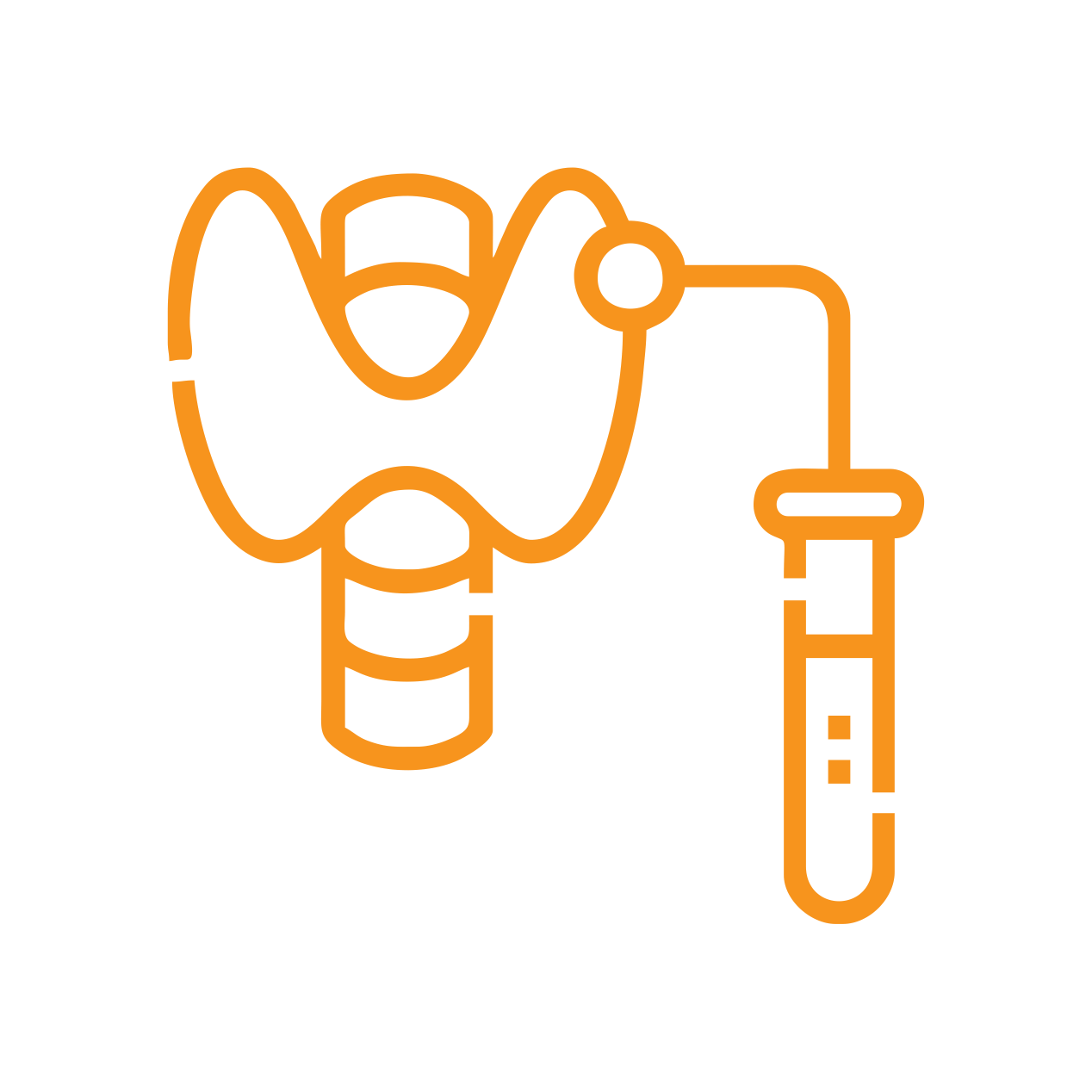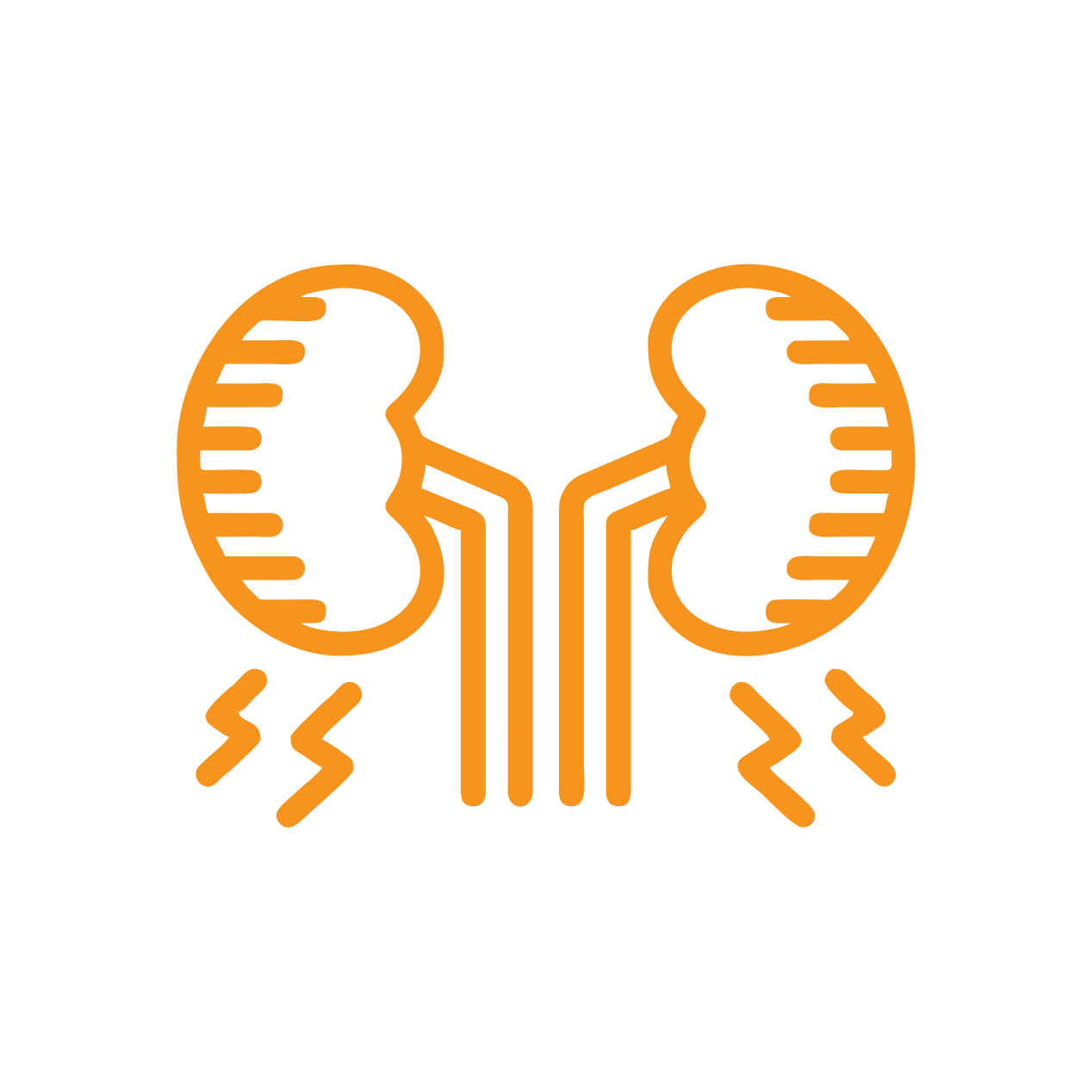Bloodwork Evaluation/Report
Nutritional Blood Chemistry & Lab Testing
Dr Pearce DC, offers virtual Nutritional Blood Chemistry & Lab Testing Consults nationally and in-person at our Longview, Texas office!
You just know that can’t be true!
Because you have aches, pains, fatigue, brain fog, and more …that aren’t going away.
And when was the last time your doctor sat down with you to go over your bloodwork?
At Priority Wellness Care…our approach is different.
We focus on NUTRITION and FUNCTION (not disease).
The key is in getting the all the correct INFORMATION and a thorough ANALYSIS.
The first step is a comprehensive blood and urine analysis. This is a nutritional assessment of your body’s FUNCTION. There are 3 major components to our unique approach:
- We use functional lab value ranges.
- We order in-depth nutritional lab tests, looking at 13 key areas of the body synergistically to find the root cause of imbalance.
- We combine your lab results with Nutrition Response Testing to create a one-of-a-kind, personalized supplement protocol, along with specific diet recommendations.

Here are the 13 key areas that we assess from your lab test results:

Blood Sugar

Immune System Function

Digestive Function/Absorption

Iron Balance

Vitamins

Minerals

Adrenal Function

Thyroid Function

Liver Function

Kidney Function

Inflammation

Hydration

Cardiovascular Risk
I’d like to introduce the importance of the functional medicine lab reference range
Hey Everyone,
One of the most common questions that we get here is “my doctor says my lab tests all look normal, so why do I still feel horrible?”
There are two main reasons for this.
Standard lab reference range versus functional medicine lab reference range.
The functional medicine lab reference range is like the people at the gym—it’s an average of the blood chemistry levels of people who are healthy. By comparing our values to these, we tend to notice how out of shape we can be. Oftentimes symptomatic patients are within the standard laboratory reference ranges, but are outside the functional medicine reference ranges. In our office, we use functional medicine lab reference ranges. We also refer to the standard laboratory reference ranges so that we can show our patients the difference between the two. Patients love seeing the black-and-white the difference. Recently, I saw a patient whose main complaints were chronic fatigue and fibromyalgia. Her previous labs showed no problems. But when I ran a functional medicine blood chemistry panel on her, guess what? It showed that she was hypothyroid, and had lots of inflammation! No wonder she felt horrible!
The functional medicine lab reference range is like the people at the gym—it’s an average of the blood chemistry levels of people who are healthy. By comparing our values to these, we tend to notice how out of shape we can be. Oftentimes symptomatic patients are within the standard laboratory reference ranges, but are outside the functional medicine reference ranges.
In our office, we use functional medicine lab reference ranges. We also refer to the standard laboratory reference ranges so that we can show our patients the difference between the two. Patients love seeing the black-and-white the difference. Recently, I saw a patient whose main complaints were chronic fatigue and fibromyalgia. Her previous labs showed no problems. But when I ran a functional medicine blood chemistry panel on her, guess what? It showed that she was hypothyroid, and had lots of inflammation! No wonder she felt horrible!
2) Insurance-based medicine versus patient-based medicine.
Let’s acknowledge the elephant in the room right now. Who is in charge of’ healthcare”, or, more appropriately, “sick-care”? Is it the doctors? Who pays them? If you answered insurance companies, you’re right! And guess what, insurance companies make their money by cutting patient benefits and doctors claims. And how do they do that? By telling doctors and patients what they will and will not cover, or just by flat out not covering something, after they said they would. We’ve all either experienced this or have heard of somebody who has.
Right now, insurance companies are covering less and less laboratory testing, which, if you are relying on insurance to provide for your “healthcare”, you are headed for a rude awakening! Almost all patients that I’ve seen, do not have comprehensive laboratory panels run on them to see what their real problem is. This is the second reason why many patients are told that their laboratory tests are normal even though they still feel horrible. Nobody ran the right tests!
Let’s look again at my previous example of the patient with fibromyalgia and chronic fatigue. She felt terrible but was told she was normal. Her old hospital-run lab tests did not check for inflammatory markers such as ferritin, HS-CRP, and homocysteine. The tests also did not take into account functional blood chemistry lab values which, would’ve shown that she was borderline hypothyroid! Once we put these all together, the picture became clear—both to me and to the patient—much to my patient’s satisfaction. By the way, yes, she is feeling much better.
Nutritional Therapy is an art, science and a skill.
The first order of business is to identify what is causing and/or contributing to your health issues.
Next, we need to provide the correct nutritional recommendations to get the job done.
Finally, we have to help you get to “the other side” and put the recommendations into practice so you reach your health goals.
To accomplish this, we use 3 nutritional healing systems:

Functional Bloodwork Evaluation
is like the road map. With a simple blood test, we can see where your nutritional deficiencies and organ dysfunctions are. It shows us the health of your liver, kidneys, and gut. It shows us if you have inflammation and if you are in the early stages of developing a chronic disease. In short, Functional Medicine gives us the big picture.

Nutrition Response Testing
is the cornerstone of our nutritional program. This biofeedback system shows us what your body wants to do first, next, and last, in order to heal. It works in conjunction with the body’s own control center (the Autonomic Nervous System) to see that the healing process is progressing well and does not get stuck anywhere.

Designed Clinical Nutrition
is based on high quality, whole food, homeopathic, and herbal supplements and common-sense dietary guidelines. This is where you put your program into practice. We provide the support to make the changes needed to reach your health goals.
First, the Analysis.
Our mission is to heal the body the way it was designed to be healed; without painful invasive procedures, without medications that alter the body’s already delicate chemistry and cause more side effects than relief.
Using the Nutrition Response Testing™, Dr Pearce works together with you to find a personalized healing program that improves your overall health. We focus on the whole body finding the root of the problem as opposed to simply masking your symptoms.
What is Nutrition Response Testing™?
In order for you to begin the healing process we need to make sure you understand what Nutrition Response Testing™ is right from the start. Nutrition Response Testing™ is probably very different from anything you may have experienced before. Although it is very precise and scientific, if we were to analyze you using Nutrition Response Testing™ without an explanation you may find it strange or mysterious. We felt similarly when we first encountered it and, therefore, have studied it extensively to see if it really worked. We are happy we did because it has helped us greatly improve our own health and with Nutrition Response Testing™, we may be able to help you improve yours.
It is important for you to understand Nutrition Response Testing™ because it is the foundation upon which we base our recommendations, and, if you don’t understand it, you may be less likely to follow through with our advice. To put it simply, if you don’t follow through with our advice, you won’t get well and if you are not going to get well, why begin in the first place? The good news is that by using Nutrition Response Testing™, most clients experience 90% or better improvement in their overall health.
Analysis
The analysis is done by testing neurological reflexes and specific acupuncture points on the body’s surface. This analysis gives us an energy assessment of how well the organs and systems of the body are functioning. The neurological reflexes are derived from the part of the nervous system whose job is to regulate the functions of each and every organ. The acupuncture points are selected from the ancient Chinese system of acupuncture, which is thousands of years old.
Since the human anatomy has not changed significantly in thousands of years, these reflexes and acupuncture points have become extremely useful in our practice because they are so reliable!
Each Nutrition Response Testing™ reflex corresponds to a specific organ, system, or function. It helps us determine the effect that energy, or the lack of energy, is having on your overall health. Nutrition Response Testing™ also provides a system of monitoring your body at each visit. This has proven to be extremely accurate clinically, and helps us identify exactly what the body needs and how well we are meeting that need.
Summary
- Through an analysis of your body’s reflexes, we help you to determine the exact nutrients you need to supplement your diet in order to bring about balanced and improved health.
- We make these highly concentrated therapeutic formulations available to you in tablets, capsules, or in powdered form to “supplement” your current diet. That’s why they are called “food supplements.”
- Depending on your individual situation, we may also require that you make some specific changes in your diet & eating habits and in your routines in order to bring about the best possible results.
